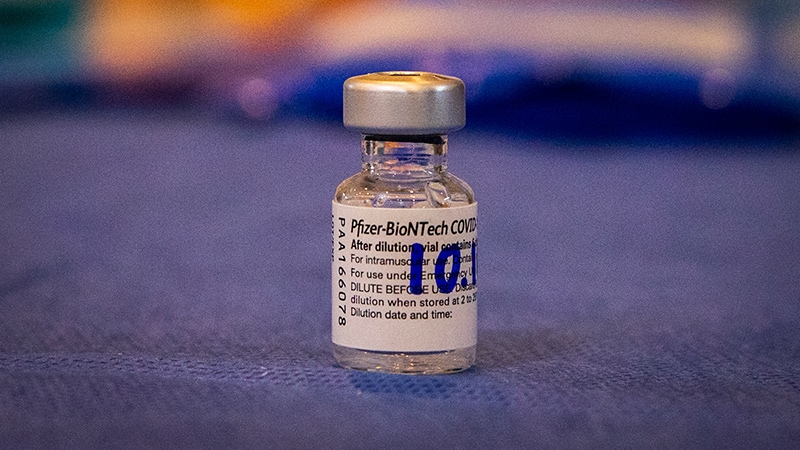My husband and I fight over the typical stuff: Mostly idiotic misunderstandings but also household chores, who’s walking the dog, vacation plans, and so on. No matter the issue, though, and regardless of how intense the argument is, we always come to some kind of resolution—we either arrive at a compromise or, since we’re both a little stubborn, agree to disagree.
But, for me, the conflict doesn’t end after we make peace. I fall into a bit of a post-fight funk—I feel rattled, exhausted, and pretty mopey. The worst part: This crappy energy lingers, sometimes for a couple of hours. Rachael Jones, LMFT, PMH-C, a relationship therapist and co-owner of Trailhead Therapy outside of Chicago tells SELF it’s super common to feel upset, disturbed, or like you’re standing on shaky ground after you quarrel with a person you’re emotionally invested in (like your partner). “This is as near to a universal experience as something can be,” Jones says.
As normal as the emotional aftermath may be, however, it doesn’t feel great, which is why I wanted to know if there’s anything you can do to snap out of it. So I reached out to two therapists and asked: How can you shake off the post-fight blues, so you can stop sulking and start feeling like yourself again? Here’s what they said.
Why fights can take time—and energy—to get over
Going to war with a person you care a lot about is a highly emotional thing. As tension builds, your brain shifts into fight or flight mode, which is your body’s physiological response to stress, Warren Ng, MD, a psychiatrist at NewYork-Presbyterian and Columbia Irving Medical Center, tells SELF. As you get more worked up, adrenaline and cortisol flow through your bloodstream—these two hormones increase your heart rate, speed up your breathing, and can make you feel jittery. When the fight’s over and you’re no longer in that heightened state, adrenaline and cortisol drop, which may cause you to feel drained and exhausted, Dr. Ng explains.
At the same time, bickering with your partner can bring up deep-seated emotions around safety, security, and self-worth, Jones says. It can trigger fear about how stable your bond is, uncertainty about your future, along with feelings of hopelessness and helplessness. How long these not-so-fun emotions linger varies from person to person. I, for example, tend to feel glum for a couple of hours, but others might withdraw and feel off for the rest of the day. It blows, but here’s some good news: There are a handful of things you can do to bounce back faster.
How to snap out of a post-fight funk
Don’t sweep your emotions under the rug—get to know them instead.
Rather than pushing away your feelings (tempting, I know!), you want to acknowledge and identify them, Dr. Ng says. Research shows that labeling emotions—whether they be anger, sadness, regret, and/or guilt—helps reduce their intensity.
Mentally noting what you’re feeling works, but Dr. Ng says journaling is an excellent way to organize and process your thoughts: Jot down why you got into the fight, what was going through your mind during it, and the emotions that popped up after. If you’re not big on writing, that’s totally fine—you can also try to make sense of your feelings through a voice note, art, dance, or a mood-tracking app. Again, the idea is that, by zooming out and reflecting, you can redirect your ruminating mind and feel less overwhelmed by your anger, say, or sadness.
Note: This article have been indexed to our site. We do not claim legitimacy, ownership or copyright of any of the content above. To see the article at original source Click Here












